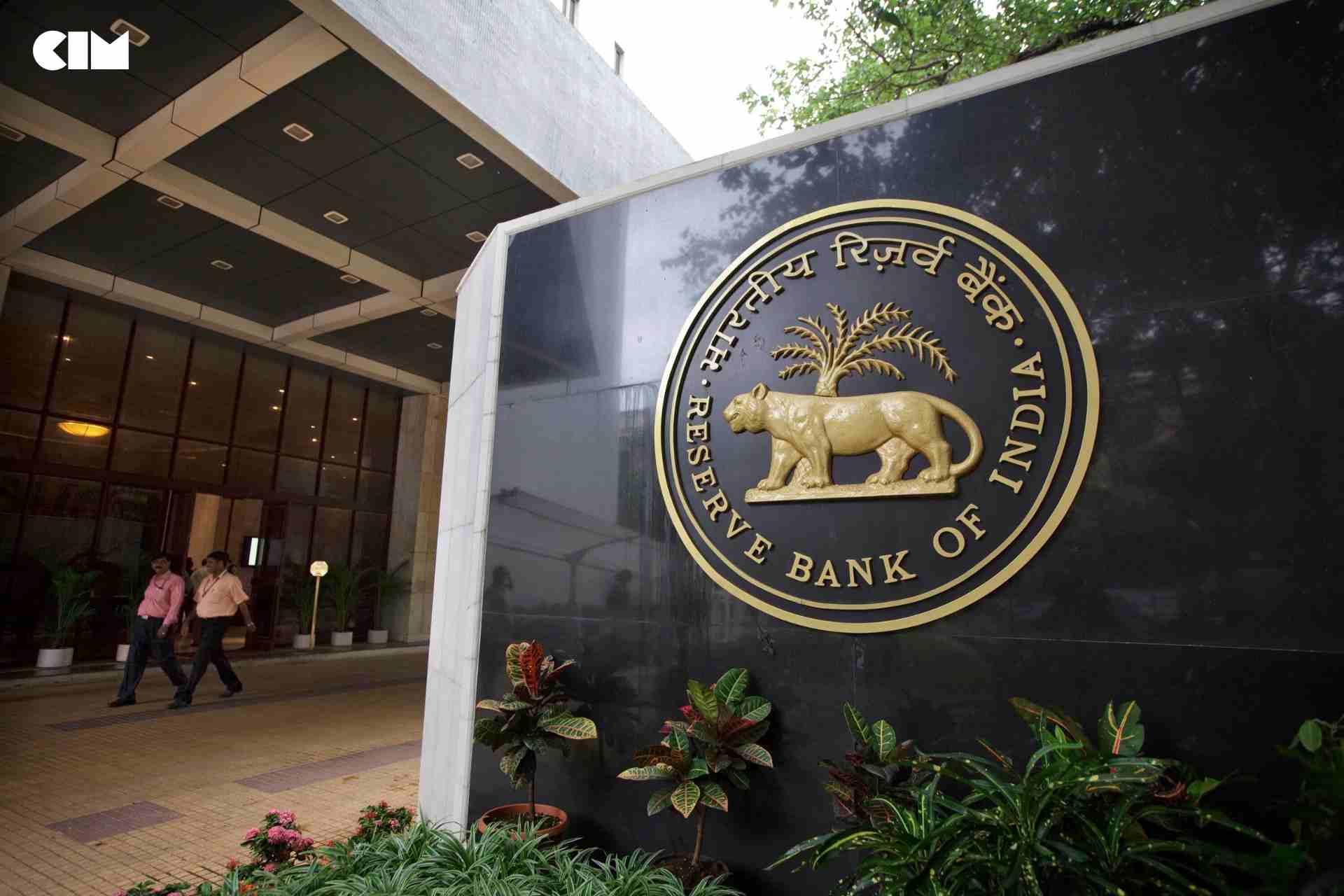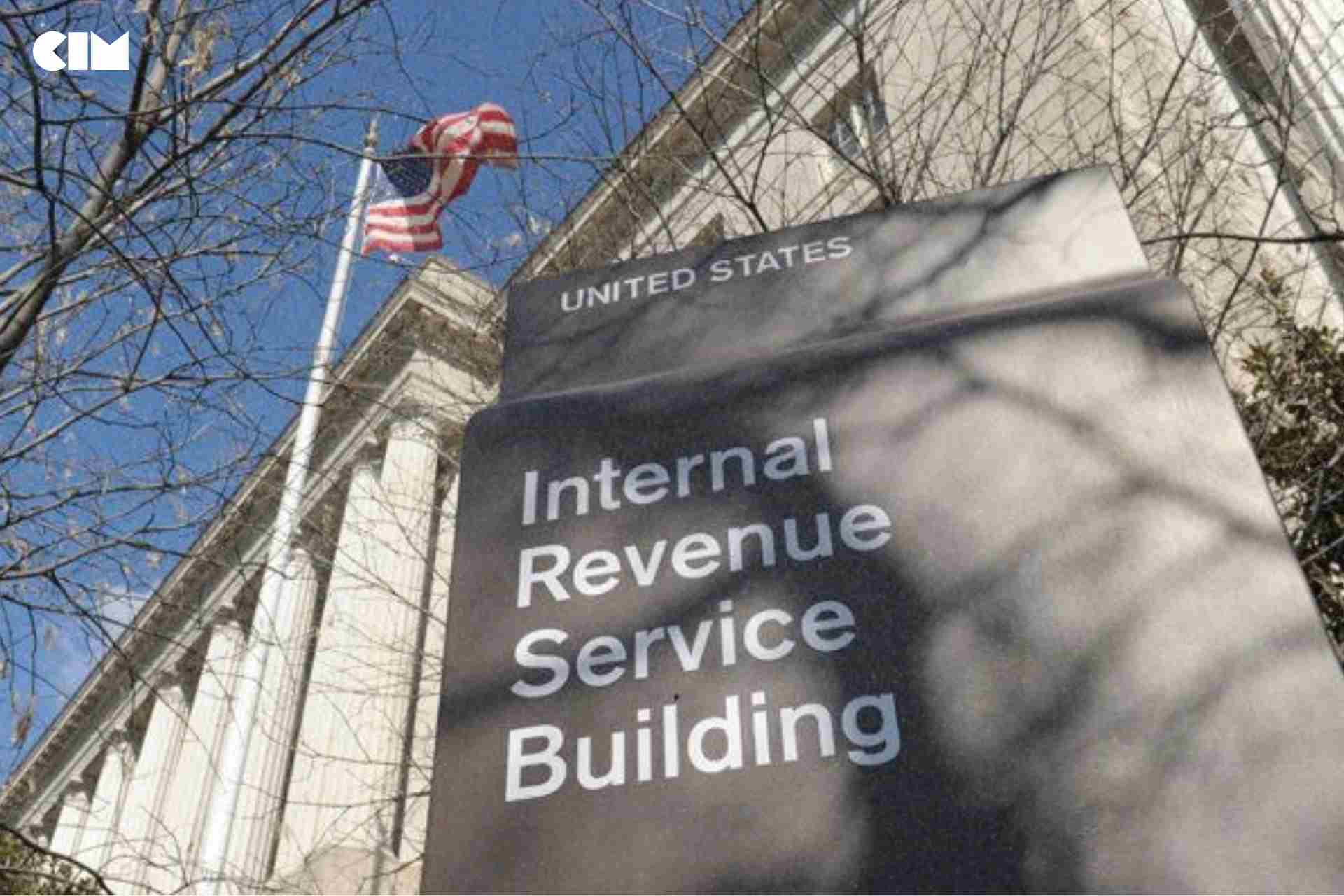A recent editorial titled “RBI must not fall for Trump’s crypto circus” in the Financial Express (to be referred to as FE for brevity) has raises critical concerns about former U.S. President Donald Trump’s deepening involvement in cryptocurrency. It also highlights potential conflicts of interest and the implications for global financial systems.
According to the article, Trump’s family holds vast crypto assets, and two of his firms control 80% of a token valued at over $14 billion on paper. This substantial stake raises questions about regulatory capture and the potential for personal gain influencing national policy. The recent formation of a U.S. Crypto Strategic Reserve further signals a significant shift in the government’s stance on digital assets, potentially legitimizing them at a state level.
Meanwhile, India’s Reserve Bank of India (RBI) remains firm in its warnings about the dangers of crypto, citing risks to monetary policy, fiscal stability, and capital flows.
While the FE article argues that India should not follow the U.S.’s lead, a more balanced approach may be necessary. Dismissing crypto outright could mean missing out on a financial innovation that is steadily integrating itself into global economies.
The fear of speculative bubbles and market manipulation is valid, but it should not prevent India from proactively developing its own frameworks that allow for safe and responsible crypto adoption.
Trump’s moves may seem erratic, and his own financial interests in crypto raise ethical concerns. However, whether his decisions are self-serving or not, they are undeniably pushing crypto further into mainstream finance. His policies, while controversial, are inadvertently accelerating discussions around digital asset integration. This is an evolution that India cannot afford to ignore.
Furthermore, history has shown that traditional financial institutions often feel threatened by the rise of decentralized finance (DeFi). Instead of adapting to new technologies, these institutions often resort to aggressive opposition. While some skepticism is warranted, outright rejection ignores the transformative potential of DeFi in creating a more inclusive financial system.
Instead of resisting change, regulatory bodies should explore ways to integrate DeFi principles into the existing financial infrastructure.
The RBI has long maintained a cautious stance on crypto, issuing repeated warnings about its risks. However, this raises another question: If crypto has been such a pressing concern, why has India been slow to act on it? Despite regulatory uncertainty, Indians are actively using and trading crypto.
The lack of formal regulations has not stopped adoption—it has only driven it into grey areas where oversight is minimal. If India does not address this regulatory gap soon, it risks allowing an unregulated market to flourish, potentially creating even greater financial vulnerabilities.
One area where the FE piece’s argument holds strong is the reckless speculation among retail investors. Many blindly follow social media influencers who promote high-risk assets without fully understanding the consequences. The history of financial markets shows that bubbles do not announce themselves before bursting. This is a concern that India must address through education, investor awareness, and transparent regulations.
India has the capacity to lead in financial innovation, as demonstrated by its success with the Unified Payments Interface (UPI) and the digital rupee. However, for the country to remain a global financial powerhouse, it must also remain open to experimentation.
Global crypto adoption is no longer a matter of “if” but “when.” Rather than resisting this change, India should work towards harnessing the benefits of blockchain technology while minimizing its risks through prudent regulations.
Those who truly understand crypto and its potential will see it as an opportunity rather than a threat. India does not need to replicate the U.S. model, but it must take crypto seriously and craft policies that support innovation while ensuring financial stability. The conversation should not be about whether crypto has a place in India—it already does. The focus now should be on how to integrate it responsibly and securely into the country’s financial ecosystem.
Editorial Note: This article was written with assistance from AI but edited by Harshajit Sarmah. The views expressed are personal and do not reflect the official position or policy of Crypto India Magazine.



